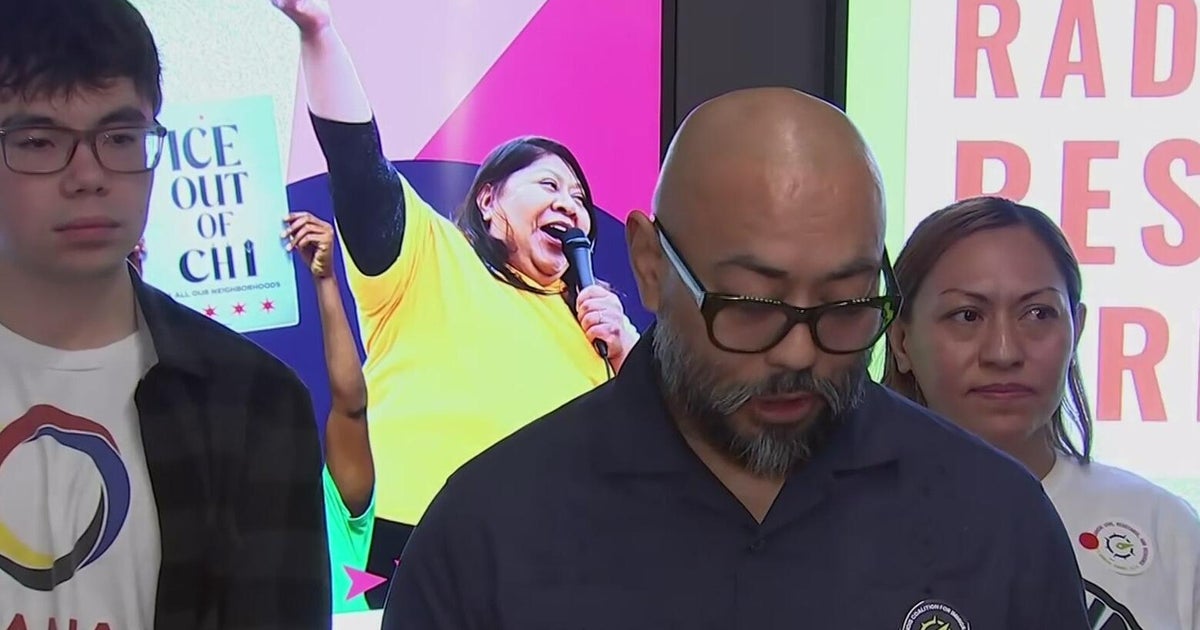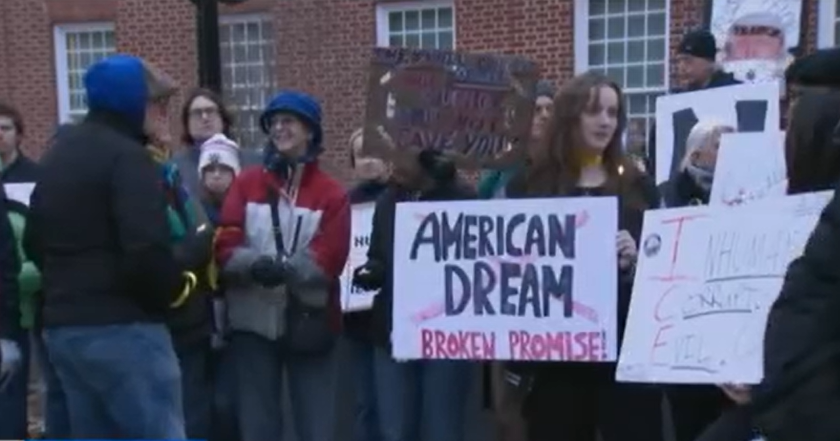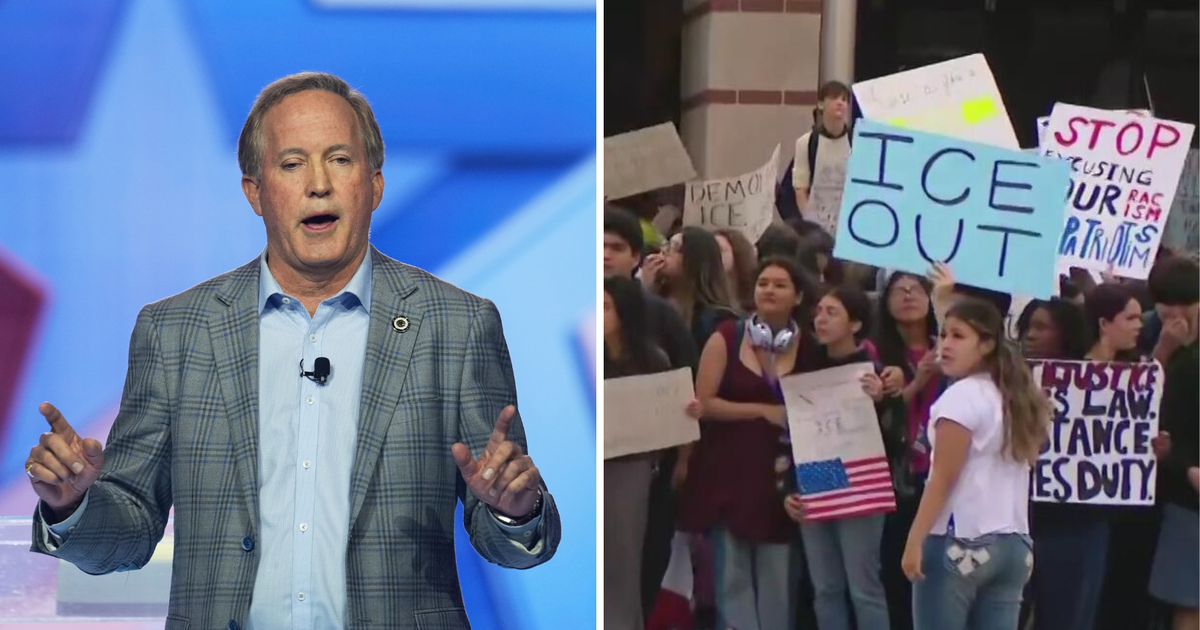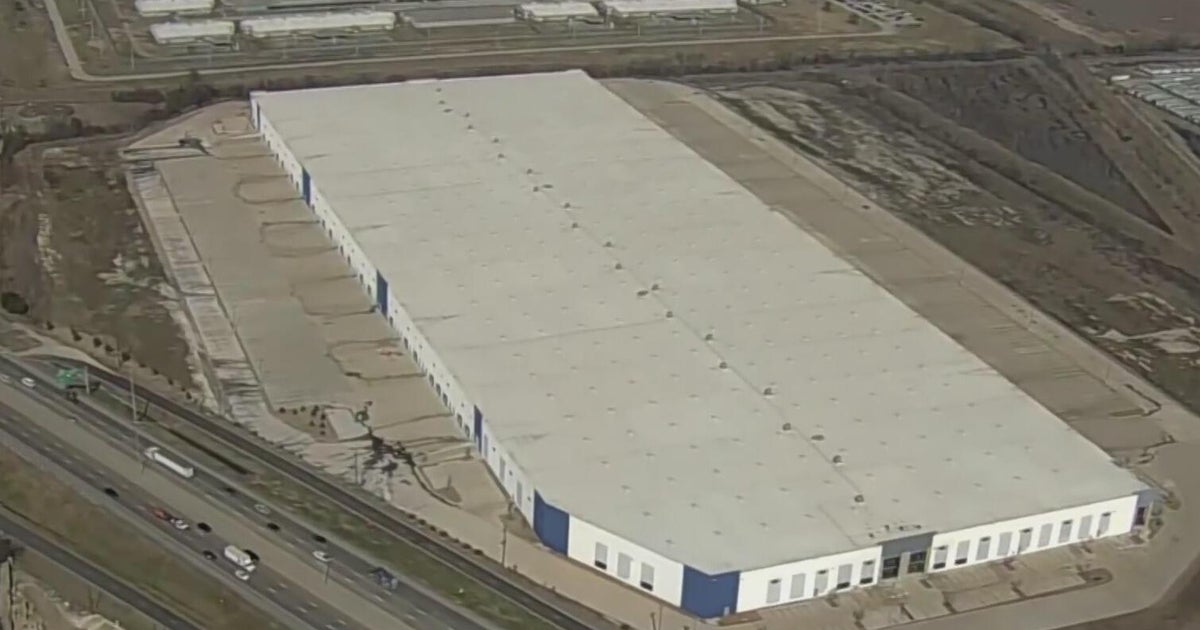Massachusetts emergency migrant shelters nearly full, families soon to be put on waitlist
BOSTON - The state's migrant crisis is reaching a critical point, according to numbers, provided by the Healey administration on Monday. There are currently 7,319 families in emergency shelter, according to Lt. General Scott Rice, the state's emergency assistance Director.
Earlier this month, Governor Maura Healey announced that "the state does not have enough shelter, space, service, providers, or funding to safely expand beyond 7500 families."
Currently, the state spends about $45 million a month to house both homeless residents and migrants who are new to the state in existing shelters as well as various hotels and motels across the state. Massachusetts is the only state in the nation with a right to shelter law.
Starting November 1, once the state reaches its capacity of 7,500 families, a waitlist will be established - meaning families who come to Massachusetts and need shelter will be placed on a waitlist until space is available for them.
"The state has spent so much time, effort, and money on trying to house people," said Alexandra Weber, who is the Chief Advancement Officer and Senior Vice President for the International Institute of New England.
For over 100 years, the group has helped refugees find stable housing and apply for work permits as they assimilate into society in Massachusetts. Now, IINE is also helping the state come up with a plan to house and support the roughly 25,000 migrants who arrived in Massachusetts over the course of the last several months - without federal funding to help.
The state has "really done an incredible job, but we also know that the model we are using as an emergency shelter model... It's really not sustainable," Weber said. "Nobody wanted it to come to this. We have like 20 people in our lobby right now and I don't know how many more downstairs [who need help]," she explained.
While Weber understands the logistical challenges of housing any more incoming migrants in the state of Massachusetts, she is hopeful the state can open some overflow housing while a more long-term plan is established. "We are going to have to get creative now," she said. "Whatever we have done before now, now it's time to get really creative and make sure people are not on the street. I don't want to see families homeless. I don't want to see them living on the street with their two-year-olds."
Weber sees a lot of potential for the thousands of migrants to fill open jobs and become a part of Massachusetts' community but recognizes that hotel living without access to work is unsustainable and is concerned about a potential homeless and humanitarian crisis once the state implements its new waitlist system.
In the meantime, the organization Lawyers for Civil Rights is suing the state, claiming that the new waitlist system violates the state's own right to shelter law. An emergency application to the courts asks a judge to stop the state from "from implementing or enforcing...the cap on the number of units in the shelter system."
"We look forward to presenting our arguments to the Court tomorrow," said Jacob Love, Staff Attorney at Lawyers for Civil Rights. "The law requires the State to proceed in an orderly manner and to give the Legislature 90 days to weigh in on-and potentially forestall-these changes. That critical advance notice to the Legislature has not been provided."
In a statement to WBZ, a spokesperson for the Executive Office of Housing and Livable Communities said it "is reviewing the filing and will be offering no further comment at this time."
There is a hearing for a preliminary injunction in the lawsuit on Tuesday at 2:30 PM.








